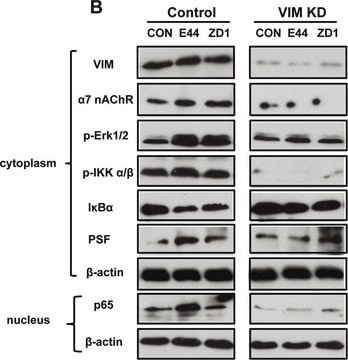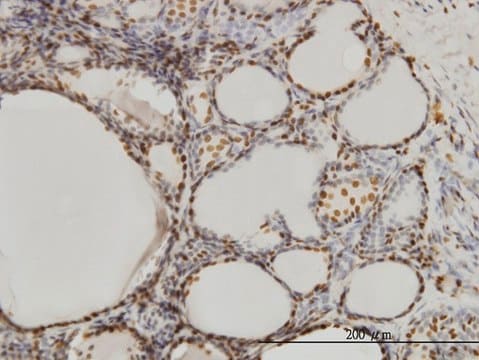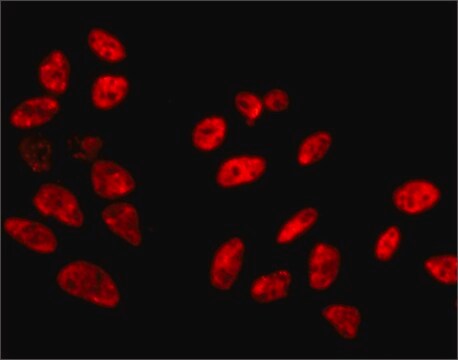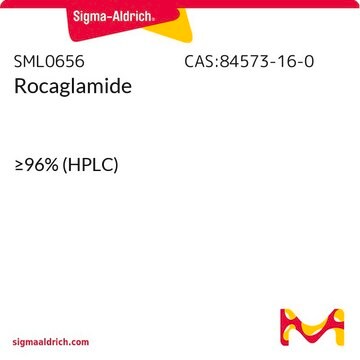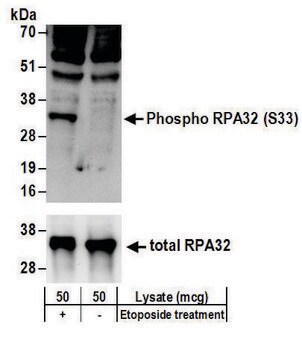PLA0181
Rabbit anti-PSF/SFPQ Antibody, Affinity Purified
Powered by Bethyl Laboratories, Inc.
Synonym(s):
100 kDa DNA-pairing protein, 100 kDa subunit, DNA-binding p52/p100 complex, POMP100, PPP1R140, PSF, PTB-associated splicing factor, PTB-associated-splicing factor, hPOMp100, polypyrimidine tract binding protein associated, polypyrimidine tract-binding protein-associated splicing factor, polypyrimidine tract-binding protein-associated-splicing factor, protein phosphatase 1, regulatory subunit 140, splicing factor proline/glutamine rich (polypyrimidine tract binding protein associated), splicing factor proline/glutamine rich (polypyrimidine tract-binding protein-associated), splicing factor proline/glutamine-rich
About This Item
IP
WB
immunoprecipitation (IP): 2-5 μg/mg
western blot: 1:2,000- 1:10,000
Recommended Products
biological source
rabbit
Quality Level
antibody form
affinity purified immunoglobulin
antibody product type
primary antibodies
grade
Powered by Bethyl Laboratories, Inc.
species reactivity
human, mouse
technique(s)
immunohistochemistry: 1:100- 1:500
immunoprecipitation (IP): 2-5 μg/mg
western blot: 1:2,000- 1:10,000
accession no.
NP_005057.1
shipped in
wet ice
storage temp.
2-8°C
target post-translational modification
unmodified
Gene Information
rabbit ... PSF/SFPQ(6421)
Immunogen
Physical form
Other Notes
Disclaimer
Not finding the right product?
Try our Product Selector Tool.
Storage Class Code
12 - Non Combustible Liquids
WGK
WGK 1
Flash Point(F)
Not applicable
Flash Point(C)
Not applicable
Choose from one of the most recent versions:
Certificates of Analysis (COA)
Don't see the Right Version?
If you require a particular version, you can look up a specific certificate by the Lot or Batch number.
Already Own This Product?
Find documentation for the products that you have recently purchased in the Document Library.
Our team of scientists has experience in all areas of research including Life Science, Material Science, Chemical Synthesis, Chromatography, Analytical and many others.
Contact Technical Service